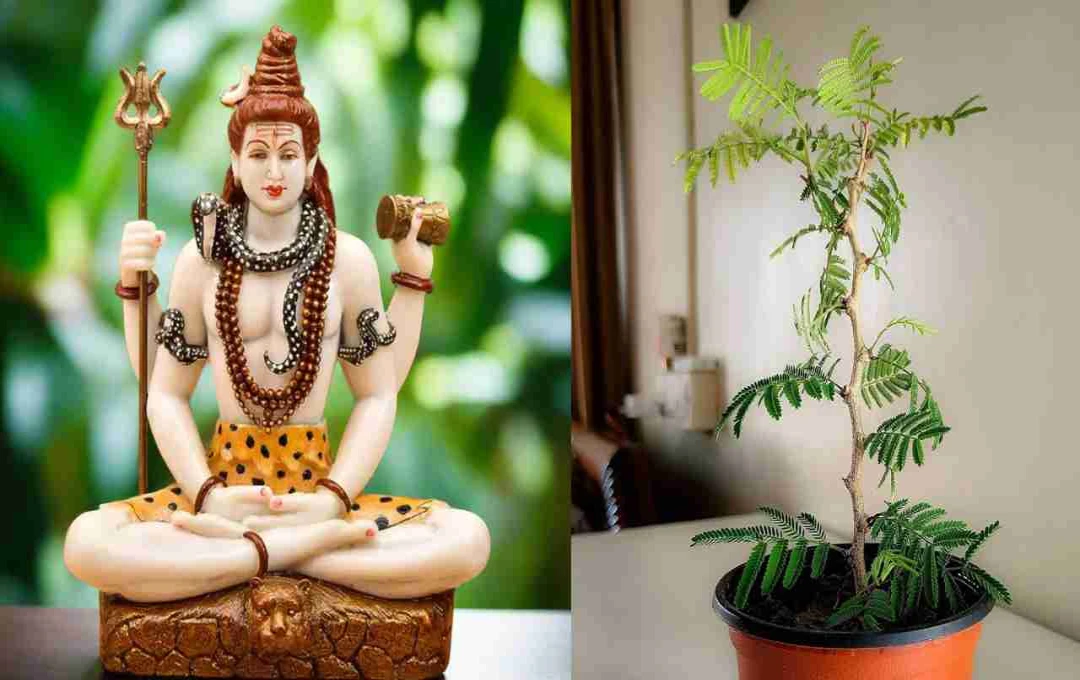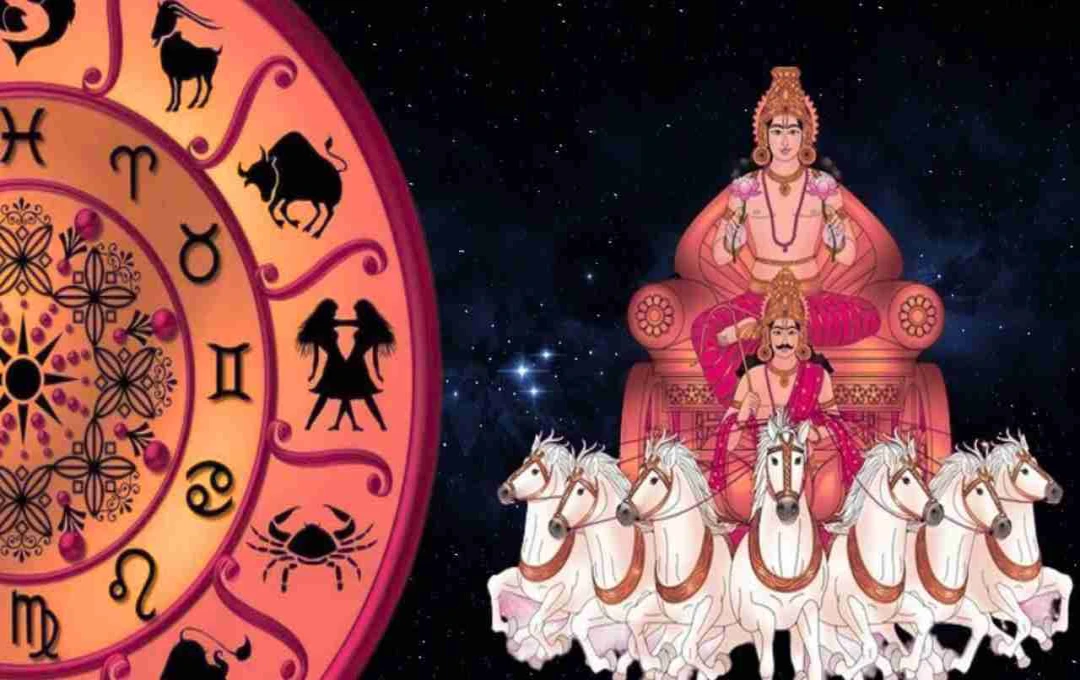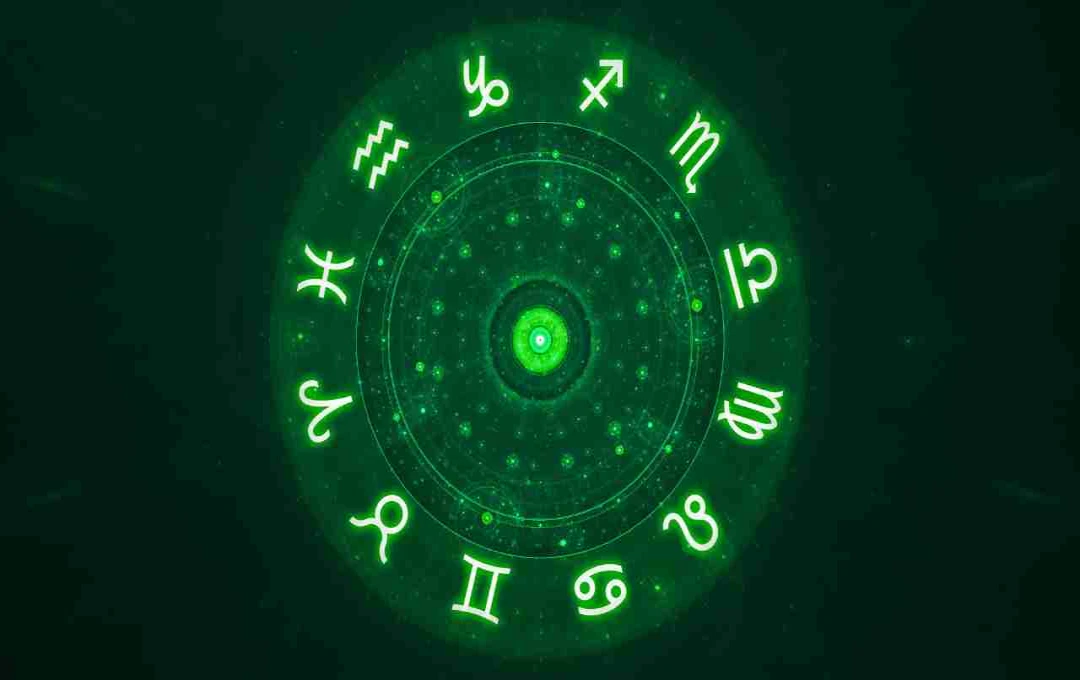As the month of Sawan begins, the chants of "Har Har Mahadev" resonate in temples. This month is considered entirely dedicated to Lord Shiva. This is why, during this month, Shiva devotees make special efforts to please Shiva through fasting, offering water, and devotion. In this context, a tradition is gradually regaining popularity: planting a Shami plant at home. According to religious beliefs, this plant is extremely dear to both Lord Shiva and Lord Shani.
What is the religious significance of the Shami plant?
The Shami tree has been mentioned several times in Puranas and religious texts. It is believed that Lord Rama also worshipped the Shami tree during the Ramayana period. In the Mahabharata, Arjuna also hid his weapons in this tree. This is why the Shami tree is considered a symbol of power, victory, and protection.
According to Shiv Purana, the Shami tree removes negative energy and brings positivity to the home. In astrology, it is considered highly useful for pacifying Lord Shani.
Relief in Shani Dosha
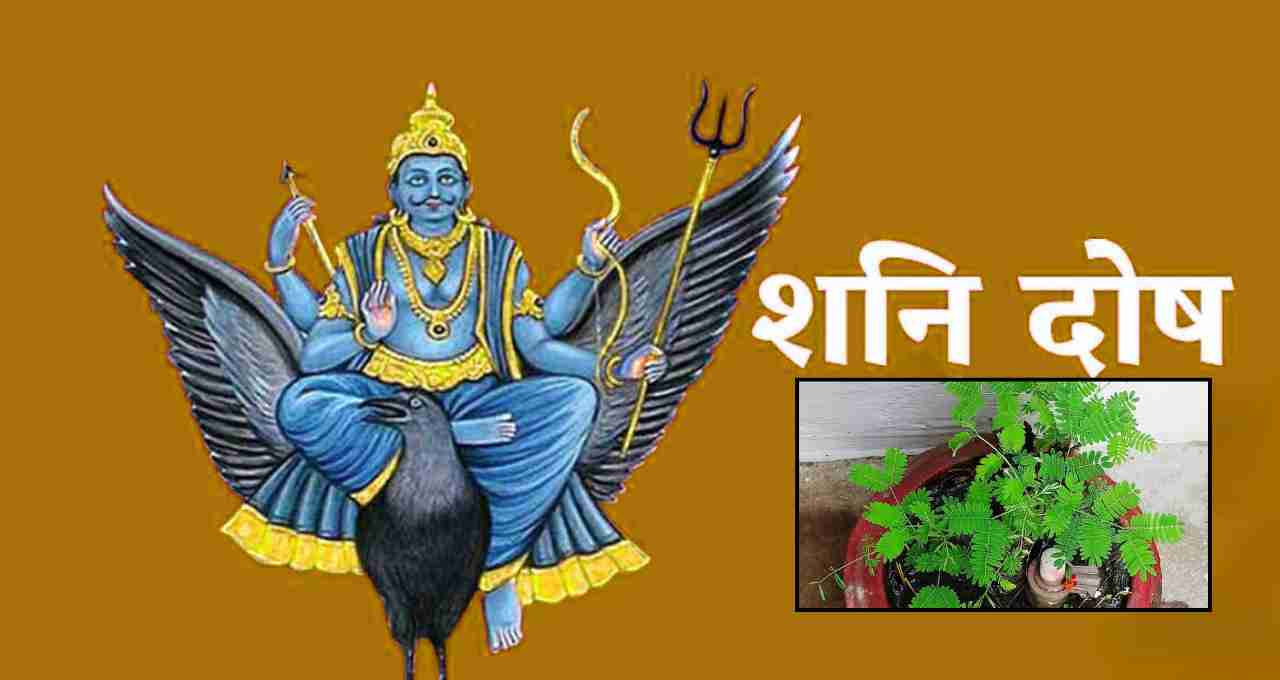
If a person's horoscope is undergoing Shani's Sade Sati or Dhaiya, planting a Shami plant can reduce its impact. There is a tradition of worshipping this plant to please Shani. Scriptures state that lighting a mustard oil lamp on the Shami plant removes the malefic gaze of Lord Shani.
Shami leaves are also offered to Lord Shiva, which is said to provide special benefits to Shiva devotees.
Why is planting it in Sawan more fruitful?
The month of Sawan is considered the most auspicious time for worshipping Shiva. The impact of any religious work done during this month is believed to be quick and profound. Planting a Shami plant during this time brings the blessings of both Shiva and Shani together. It is believed that regular worship of the Shami plant in Sawan maintains peace in the house, brings stability to the mind, and can alleviate various types of mental stress.
Where to plant the Shami plant and how to worship it?
According to scriptures, the Shami plant should never be planted inside the house. It should always be planted outside the house, such as on the roof, balcony, or garden. According to Vastu, planting this plant in the south direction is considered best. Apart from this, the east direction or the northeast direction (Ishan corner) is also considered suitable.
While planting the plant, some traditional rules are said to be followed. For example, there is a tradition of burying a betel nut and a coin in the root of the Shami plant. It should also be kept in mind that this plant should not be exposed to direct sunlight and should be given a little water daily.
Special worship is done with Shami leaves
Shami leaves, along with Bilva Patra, are considered very dear to Lord Shiva. Offering these leaves on the Shivling on Sawan Mondays gives special results. The special thing is that if 'Om Namah Shivaya' is chanted while offering these leaves, that worship becomes even more effective.
Shami Puja gives a sense of restraint and peace
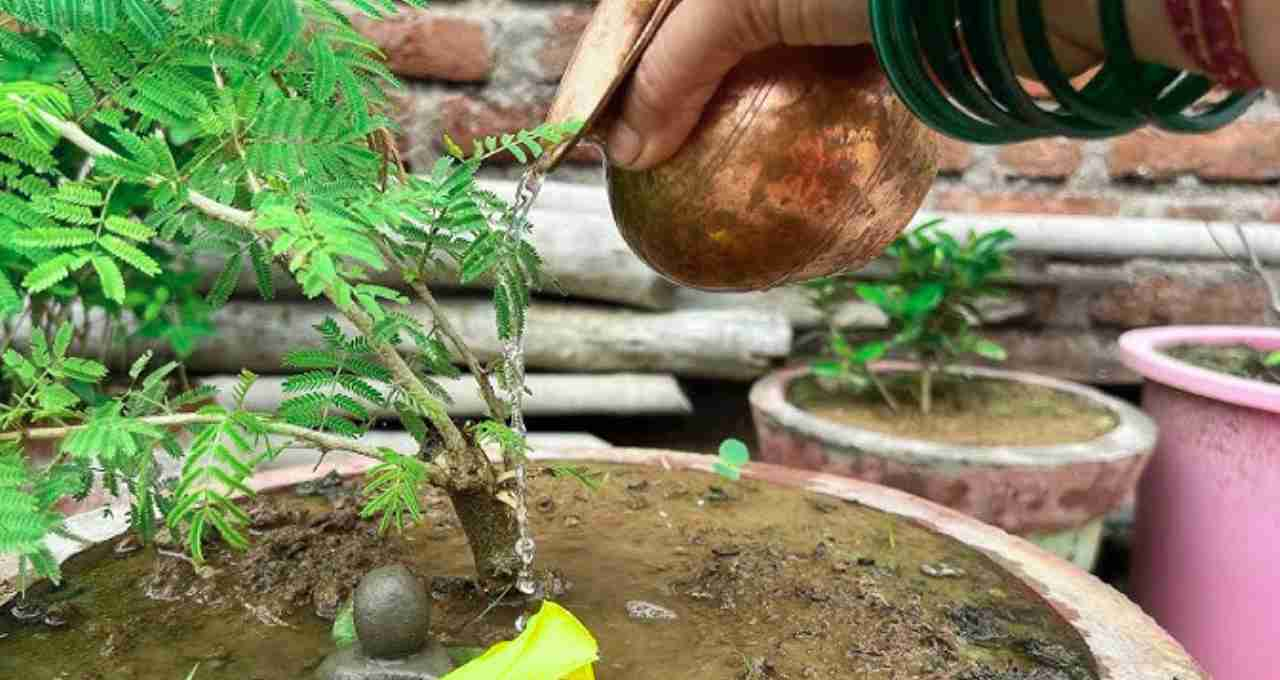
The Shami plant has a positive effect not only from a religious point of view but also from a mental perspective. Its green color gives peace to the mind, and its worship brings discipline and restraint to life.
For this reason, many seekers, yogis, and devotees also meditate sitting in the shade of this plant. It is believed that this reduces negative thoughts and makes the mind more engaged in meditation.
The combination of faith and Shami in Sawan
When a devotee plants a Shami plant amidst the rain and purity of the atmosphere in Sawan, it does not remain just a plant, but it becomes a symbol of his faith and belief.
Lighting a lamp in front of that plant every Saturday, worshipping Shiva with its leaves, and having faith in it – all this becomes a spiritual experience for Shiva devotees.
A medium to attain the grace of Shiva and Shani
The Shami plant is considered like a special bridge between two deities – on one hand Shiva, who is the symbol of compassion and salvation, and on the other hand Shani, who is the symbol of justice and karmic results. When a devotee serves this plant with devotion, he receives the grace of both.
